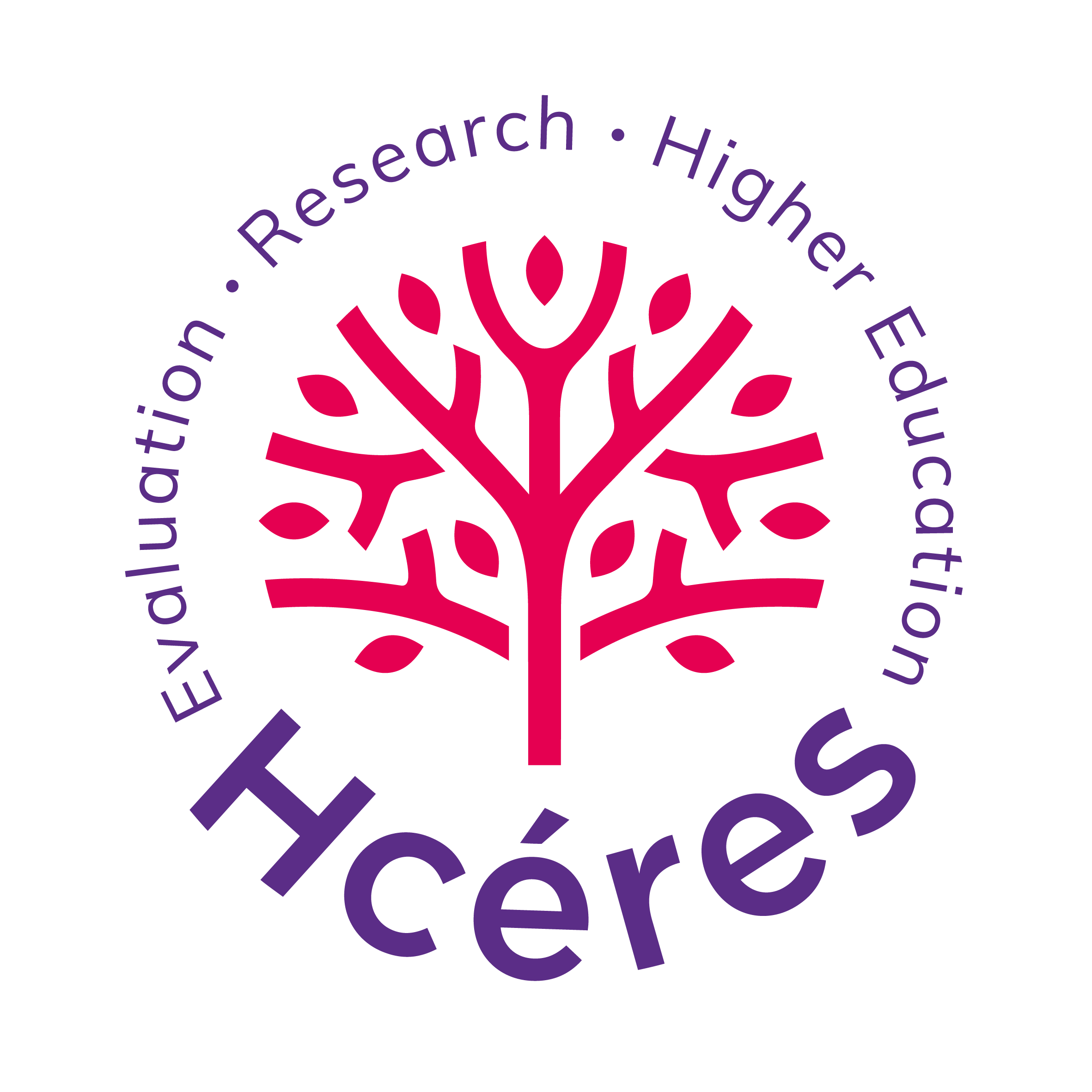Evaluation
Hcéres publishes the Ineris evaluation report
Published on
Ineris was created in 19901 and carries out research and assessment work in the prevention of industrial and environmental risks. Its operating model is built around three closely-related pillars: applied research, support for public policies and providing services to businesses, and is also based on shared ethical rules and an outreach policy to remain in touch with society.
Basing its analysis more particularly on the institution’s self-evaluation report and interviews with its partners and representatives of its management bodies and staff, the panel of experts chaired by Benoît Lesaffre, Honorary Engineer General in the Corps of Bridges, Waters and Forests, highlights the main assets of Ineris: its “ability to provide a joint response to emergencies and prepare for emerging risks, its key scientific facilities of international importance, its success in opening up to Europe, and its scientific capacities as recognised in its high success rate in national and European programmes.”
“Thirty years after its creation, Ineris is at a turning point,” concluded the panel. The major challenge for the Institute is “now to continue responding to requests from the authorities and to the concerns of society, despite the regular reductions in its maximum headcount,” it explained.
In a context “marked by the issues of sustainable development and their impact on the field of activity of the Institute, by the concerns of society and its growing risk aversion, and by changes to the regulations and public policies in the field of the environment and industrial risks,” the committee made the following recommendations to Ineris:
Institutional and strategic positioning
- Nurture relations with ministries other than the supervising ministry; incorporate the ethical rules into contracts; define a partnership strategy; explain the scientific rationales of the sites.
Governance and management
- Organisation: review the long-term future of the regional sites and the balance between the operational directorates; review the support functions; identify the person responsible for Europe and international relations; reintegrate the subsidiaries and the Géoderis public interest grouping into Ineris.
- Governance bodies: publish the declarations of interest of members; every five years, capitalise on the evaluation of the entities; carry out individual evaluation of accredited researchers; ensure that the Research and Expertise Steering Committee plays its role to the full; abolish the Research Committee.
- Develop a corporate social responsibility policy.
- Communication: enhance the transparency of the Institute; develop training in public speaking.
- Human resources: explain the multi-annual employment and careers policy and the management of change strategy; conduct mapping of scientific skills; continue the participatory review of working conditions.
- Establish a multi-year real estate strategy.
- Define an information systems and digital policy.
Activities of the Institute:
- Support for public policies: preserve the ability to intervene in emergency situations.
- Research: achieve closer convergence between the rates of publications in peer-reviewed journals; establish closer contacts between PhD students and the business world; drive the scientific and technical intelligence system; be attentive to the fields of health, artificial intelligence, energy transition and to multi-risk approaches; draw up a research transfer policy in line with the national research strategy.
- Boost service provision to businesses through partnerships and public-private approaches.
- Key scientific facilities: update the policy in this area and incorporate data management, business models and access terms; optimise the staff involved in their management.
- Life-long learning: define an in-house policy; examine the feasibility of proposing an offering in the field of risks, tailored to top-level executive personnel.
In his letter of comments, Ineris Director General Raymond Cointe stated that “this evaluation comforts the Institute in its remit and provides prospects for improvement and outreach,” which he hopes “to be able to exploit to the full.”
“The weaknesses pinpointed by the panel reflect a certain number of challenges facing the Institute, most particularly regarding its positioning,” he explained. The panel's analysis tends to confirm “the observations we have made in our review of our mission and activities.” The Director General also explained that all the recommendations that were made “will be examined in depth with a view to preparing an action plan to be drafted in 2021,” as part of the new objectives and performance contract.
Find out more
- Dowload the Ineris evaluation report
- Ineris in Brief
- Status: A French Public Commercial and Industrial Institution (EPIC) under the supervision of the Ministry for the Ecological Transition.
- Budget: €70 M
- Headcount 532 employees, over 90% of whom are based at headquarters in Verneuil-en-Halatte (Hauts-de-France).
- Present on 5 sites: Verneuil-en-Halatte (headquarters, also home to several experimental platforms), Aix-en-Provence/Bourges/Lyon/Nancy (research teams).
1 Ineris was created by the merger between the French Centre for Studies and Research into Collieries (Cerchar) and the National Institute of Applied Chemical Research (Ircha).



